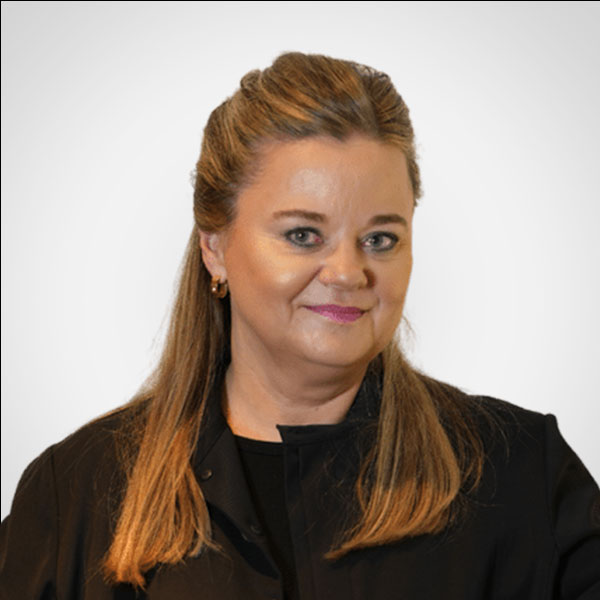Profit determination determined – no turning back!
Background: Two methods – but only one choice
Smaller companies, freelancers and other taxpayers who are not required to keep accounts are generally allowed to calculate their profits using the income statement, a simple method without a balance sheet, inventory or accruals and deferrals.
Alternatively, voluntary accounting is also permitted, including bookkeeping, stocktaking and annual financial statements. But be careful: once you opt for accounting, you remain bound by it, as expressly confirmed by the Federal Fiscal Court (BFH) in its ruling of 27.11.2024 (case no. X R 1/23).
The case: Determination of profit by balance sheet – subsequent withdrawal fails
In the case decided, an entrepreneur had calculated his profit using the EÜR until 2011, but switched to balance sheet accounting in 2012. He also submitted a balance sheet and a profit and loss account to the tax office for 2016, which was accepted and the tax assessment became final.
As part of a subsequent external audit, the entrepreneur wanted to retroactively declare the profit again via EÜR, with a lower result. However, the tax office refused. And the BFH ruled in favor of the tax office: a retroactive switch back to the EÜR is not permitted if the company has already effectively switched to accounting.
What did the BFH decide?
According to the BFH:
- The comparison of business assets (accounting) is generally the legal standard.
- The EÜR may only be used if the taxpayer is neither legally obliged to prepare a balance sheet nor does so voluntarily.
- Anyone who voluntarily prepares a balance sheet – e.g. by preparing an opening balance sheet and complete annual financial statements – has exercised their option.
- It is not possible to change the method of profit determination at a later date, not even by submitting a subsequent EÜR.
- A change of method is only permitted if the economic circumstances change significantly and there is a reasonable reason.
Our tip:
The decision to determine profits has far-reaching consequences and should be carefully considered. Accounting once means sticking with it for the relevant assessment period – and usually for at least three years.
Are you unsure which method is right for you or are you planning a change? Then get advice beforehand – we’ll be happy to help you make the right choice.

